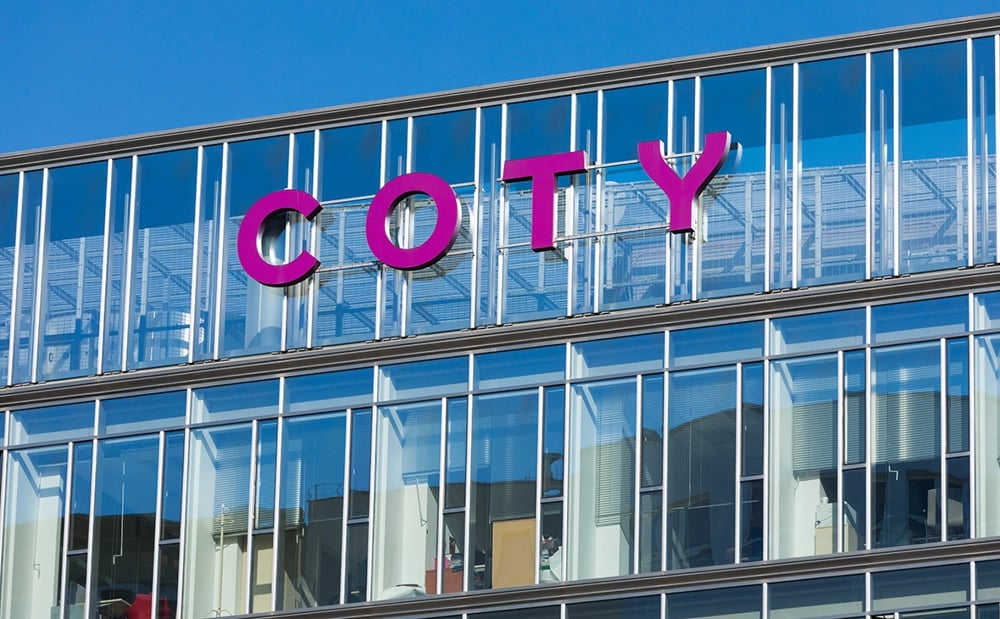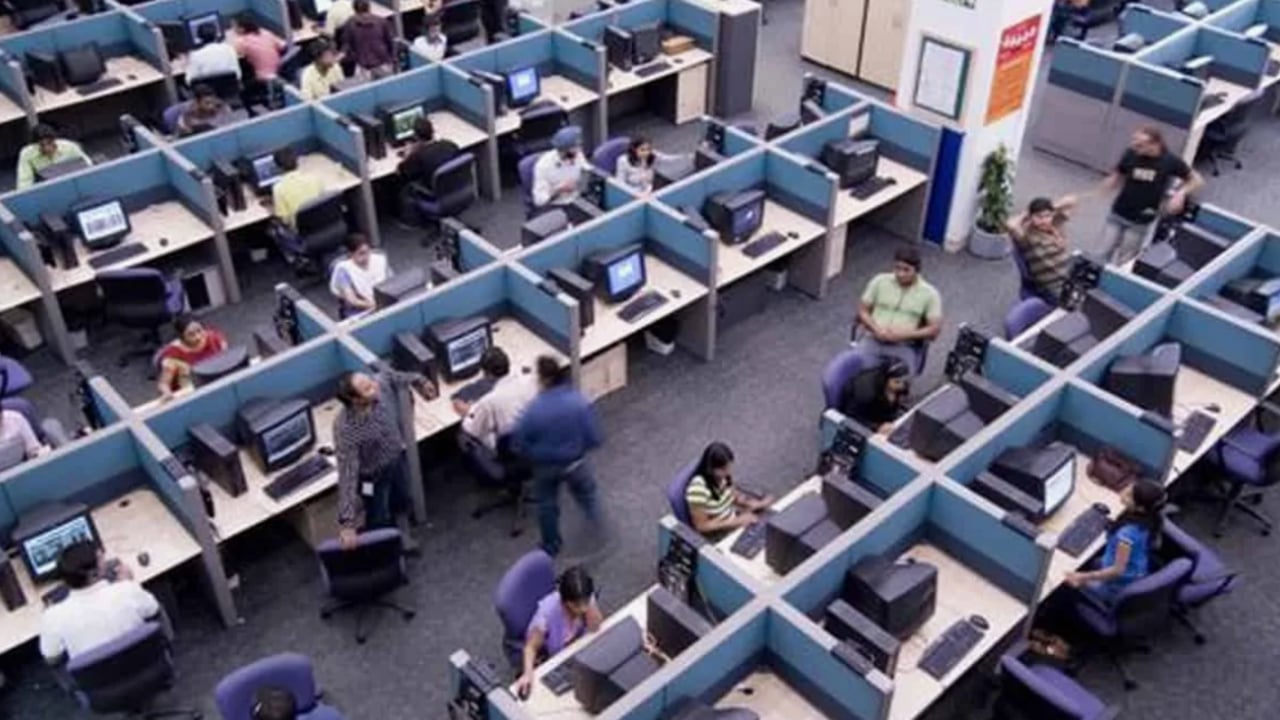In the midst of global economic shifts and rising geopolitical tensions, India's IT sector—boasting a market value of USD 283 billion—faces transformative challenges. Recent tariff measures affecting the key U.S. market may trigger inflationary pressures that force clients to cut back on spending. Although U.S. President Donald Trump did not impose direct tariffs on IT services, experts warn that indirect consequences could significantly impact Indian companies serving critical sectors such as manufacturing, logistics, and retail.
A Broader Macroeconomic Backdrop
Tariffs have long been a tool in international trade, but current measures may have unexpected repercussions. Consumers and businesses accustomed to stable pricing might now be compelled to rework their budgets and tighten operational expenses. This shift could delay deal closures and postpone the execution of projected projects. Expert analyses indicate that reduced commercial activity may adversely affect revenue growth for companies operating in the IT arena.
Shifting Market Dynamics
The introduction of new tariffs has led Bernstein and ICICI Securities to swiftly downgrade their ratings of the Indian IT sector. This reaction signals concerns over potential slowdowns in market expansion and the erosion of established competitive positions. An increase in inflation on the U.S. market—a primary revenue source—could intensify risks, requiring companies to adjust to a rapidly changing economic landscape.
These market transformations necessitate a reevaluation of business strategies. Heightened inflation expectations contribute to rising operational costs, potentially squeezing profit margins for both Indian and U.S.-focused IT firms. Additionally, a misalignment between supply and demand may diminish the investment appeal of the sector.
Key Elements Shaping the IT Sector's Trajectory
1. Realignment of U.S. client demand amid rising inflation
2. Delays in finalizing new deals and executing ongoing projects
3. Increased operating expenses as companies recalibrate budgets
4. Deterioration in credit ratings and overall investment appeal
5. A strategic pivot toward emerging markets to mitigate risks
Anticipated Outcomes and Their Nuances
- Strengthened cost-control measures in an uncertain economic environment
- Slowed revenue growth stemming from reduced consumer demand
- A tougher investment climate both domestically and on the global stage
- Intensified competition as providers vie for a diminished U.S. market share
- A potential shift of clients toward alternative service providers
An Expert's Outlook on the Road Ahead
Although there are no direct tariffs on IT services, the indirect economic signals suggest that a restructuring of established business processes is inevitable. Experts forecast that uncertainty on the U.S. market, spurred by inflationary pressures, will compel many Indian companies to recalibrate their strategies. Discussion within professional circles frequently centers on the risk of delayed deal closures and impaired revenue growth—factors likely to shape the sector's future landscape.
A reorientation of strategic priorities, enhanced internal process efficiency, and the adoption of innovative practices may partially offset the negative impacts of the new tariffs. However, swift and comprehensive solutions remain elusive amid the evolving global trade environment. In view of the dynamic nature of international markets and shifting trade policies, adapting to the new conditions is poised to be the determining factor for the continued success of India's IT sector.
In conclusion, this analytical overview underscores the necessity for timely strategic adjustments in an environment marked by economic uncertainty and external shocks. Prudent and well-considered management decisions during such periods may help companies maintain their competitive edge while mitigating risks associated with global economic turbulence.








The implications of this sale could establish new paradigms for the advancement of automation in technology.